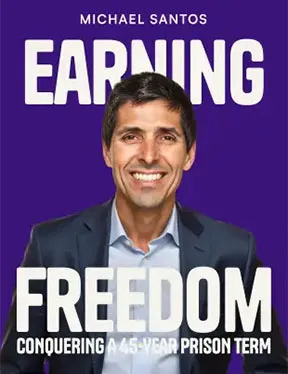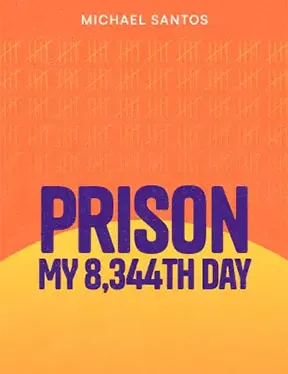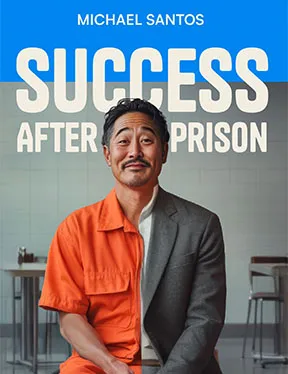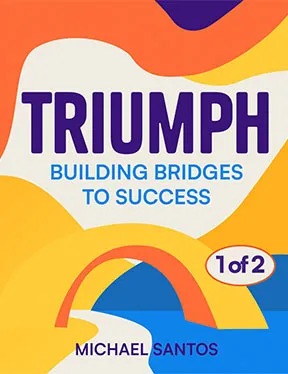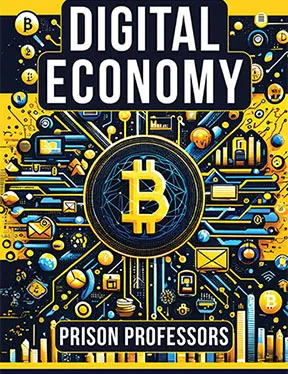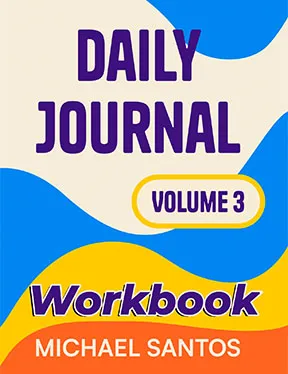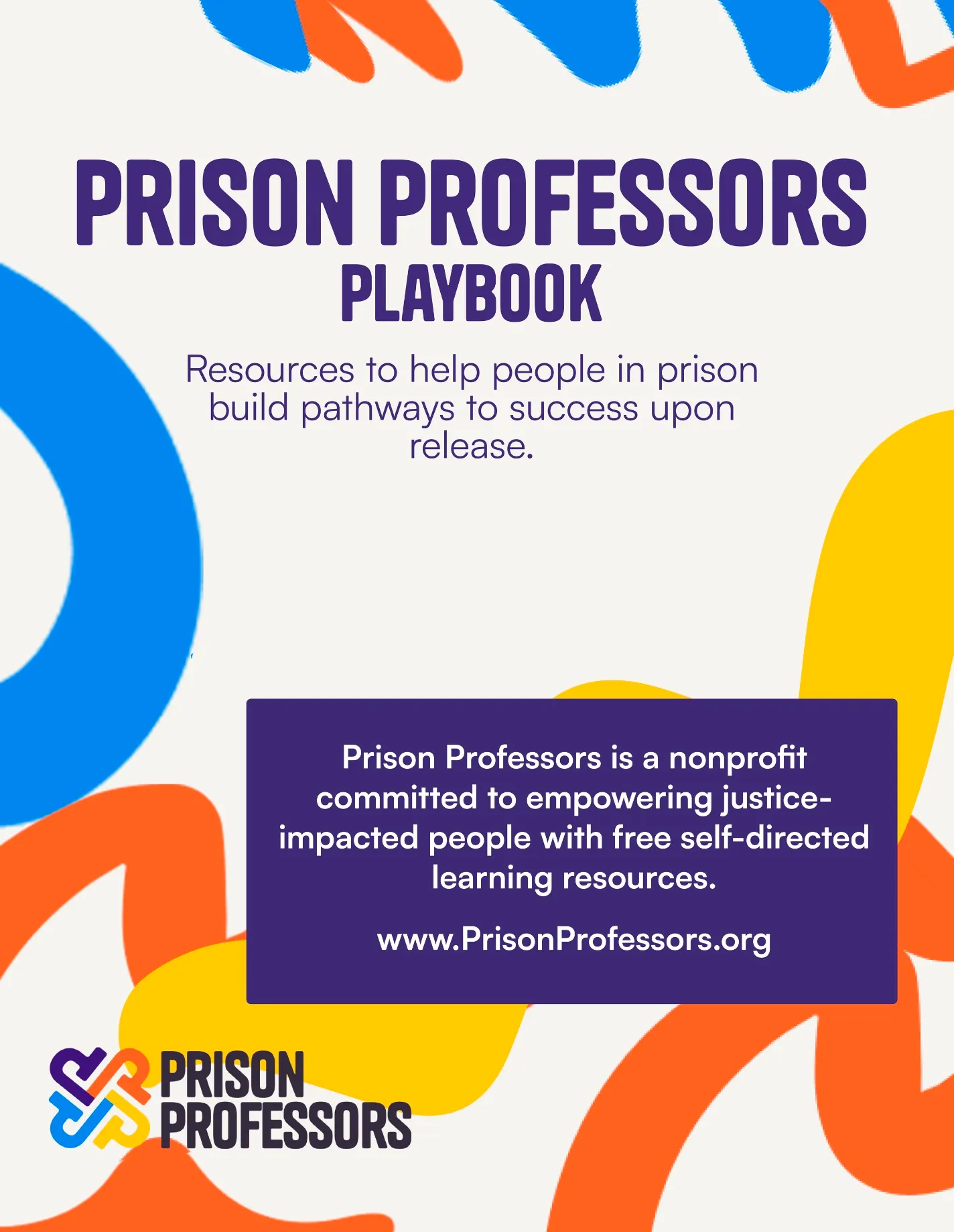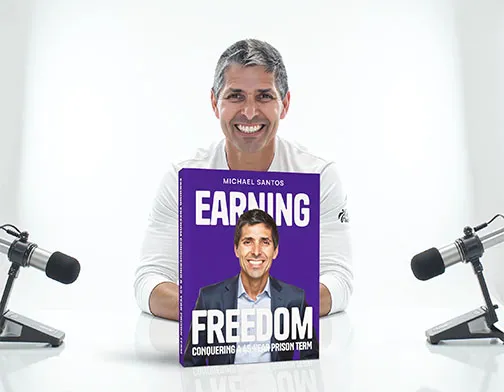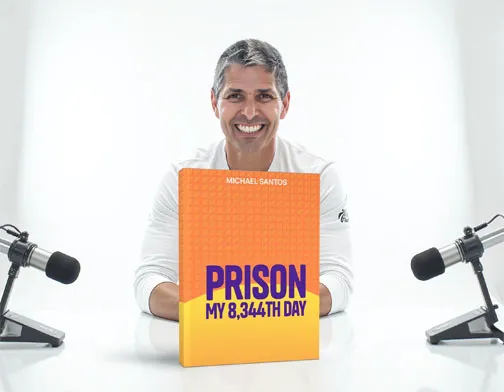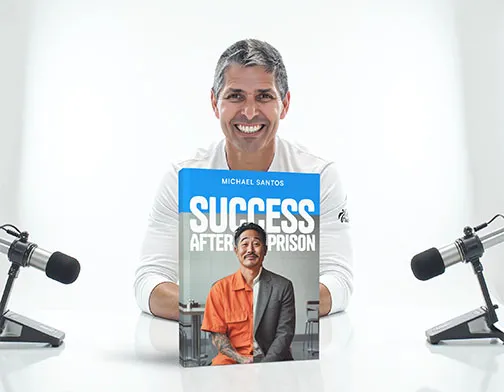Preparing for Success after Prison
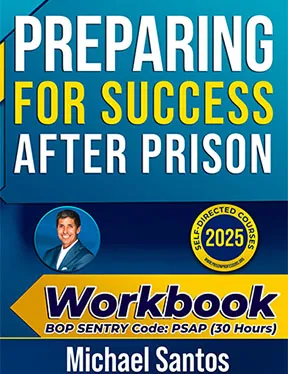
This self-directed workbook introduces readers to the transformative principles of the Straight-A Guide. Participants learn how to define success clearly and create values-based, goal-oriented strategies. Rather than allowing external circumstances to dictate their lives, readers discover how intentional decision-making can empower them to grow stronger through adversity. By mastering these strategies, they'll prepare to add greater value to the world and accelerate their pathway to success upon release.
.webp)
.webp)
Description of Preparing for Success after Prison
Preparing for Success after Prison is a self-directed course I created. It’s been evolving over many years. Below I’ll share more about the origins of this course, and how others are using it today. I'll also include a series of videos that will give you a better idea of what to expect from the course.
My name is Michael Santos, and despite spending several decades in prison, I consider myself incredibly fortunate. That fortune stems from a pivotal realization during my first year behind in prison—the importance of preparing for success, even in the face of adversity.
Authorities arrested me on August 11, 1987. I was 23 years old and I'd never been confined before. The federal government had charged me with operating a Continuing Criminal Enterprise. I did not have violence in my case, but the crime exposed me to the possibility of life in prison. For that reason, jailers locked me in solitary confinement, where I spent my first year.
I didn't know anything about living in prison, and since I was in solitary, I couldn’t learn from others. Ignorant of the journey ahead, I made many bad decisions while going through the judicial process. I should have accepted responsibility and tried to make amends. Instead, I proceeded through trial, took the witness stand, and lied. A jury convicted me, and a federal judge sentenced me to 45 years.
Preparing for Success
Thankfully, an officer began bringing a series of books for me to read. His name was Officer Wilson, and I wish I could go back to thank him. Those books changed my life. They helped me to change the way that I think. By changing the way I think, I changed my life. Let me share some of the influences who helped me:
Socrates:
Socrates taught me the importance of standing by one’s principles, even when facing challenges or adversity. In the "Crito," Socrates refused to escape from prison despite having the opportunity, because doing so would have violated his commitment to the rule of law and justice. Through his example, I learned to value integrity over convenience and to remain disciplined in living a principled life. The dialogue also encouraged me to reflect on my own decisions and to consider how my actions align with the values I want to uphold. Socrates’ steadfast resolve and his dedication to moral reasoning inspired me to take ownership of my choices and strive for a life guided by ethical purpose.
Frederick Douglass:
Frederick Douglass' autobiography taught me the profound importance of self-empowerment through education and skill development. His relentless pursuit of literacy, despite immense obstacles, was not only an act of personal liberation but also a means to uplift and advocate for others who shared his struggles. Douglass understood that mastery of skills and knowledge could be a powerful tool for challenging oppression and creating opportunities for change. His story inspired me to view my own growth not as an individual endeavor, but as a responsibility to those I have left behind. By working diligently to develop my abilities, I can return with the tools to make a meaningful impact, much like Douglass used his voice and intellect to fight for justice and equality. His perseverance reminds me that every step I take toward self-improvement strengthens my capacity to contribute to a greater good.
Nelson Mandela:
Nelson Mandela taught me the profound power of resilience and hope. He was still imprisoned when I began my term, yet his story resonated deeply with me. Despite enduring nearly three decades of confinement, Mandela carried himself with unwavering dignity and a steadfast commitment to serving his community. His ability to forgive, bridge divides, and inspire unity even in the face of unimaginable hardship revealed to me the true essence of leadership. Mandela’s life is a testament to the idea that personal sacrifice and enduring faith can transform not only an individual but also the trajectory of entire nations.
Viktor Frankl:
Viktor Frankl taught me the profound importance of finding purpose, even in the harshest conditions. Through his experiences in concentration camps, he illustrated that while we cannot always control our circumstances, we have the power to shape our responses and find meaning in suffering. He emphasized that a life of meaning emerges when we dedicate ourselves to something greater than our own needs—whether that be through love, creativity, or serving others. Frankl’s philosophy reminds me that true fulfillment arises not from material gains, but from selflessly contributing to the well-being of those around us. His resilience and insight continue to inspire me to seek purpose in every moment and to recognize the significance of helping others thrive.
Mahatma Gandhi:
Mahatma Gandhi taught me the profound importance of embodying the change I wish to see in the world. His philosophy reminds me that transformation begins within—through intentional actions, integrity, and a steadfast commitment to my values. Gandhi demonstrated that even the smallest, most personal efforts can ripple outward, creating meaningful impact in the broader community. His life serves as a powerful testament to the idea that change is not a distant goal to be wished for, but a practice to be lived daily. By aligning my actions with my ideals, I am reminded that I hold the power to inspire and contribute to the betterment of the world around me.
Those leaders helped me adjust. They gave me hope, helping me believe that I could find a pathway to use my time in prison to prepare for success upon release. It required me to develop the CEO mindset. That meant I had to:
- Define success as the best possible outcome
- Create a plan that would help me climb through the prison term, always working to accelerate pathways to success.
- Prioritize the action steps I would take, always striving to advance toward the highest level of liberty, at the soonest possible time.
- Build tools, tactics, and resources that would reflect my commitment to prepare for success.
- Create accountability tools to measure progress.
- Adjust along the way.
- Execute the plan as days turned into weeks, weeks turned into months, and months turned into years.
Preparing for Success after Prison shows the path that leaders taught me. This workbook includes self-directed lessons that will help anyone grow stronger in the face of adversity.
Additional Videos
Video 2 on Preparing for Success after Prison
Video 3
Video 4
Video 5
Video 6
Principles we teach
The origins of our self-directed courses began with readings of Socrates, Frederick Douglass, Nelson Mandela, and modern leaders who teach us how to live as if we're the CEO of our life. To overcome any crisis, or build solutions, follow the principles of our Straight-A Guide.
Book reviews
Our books show that despite today's challenges, anyone can begin sowing seeds for a better future. Visit our books page. We recommend readers begin with Earning Freedom: Conquering a 45-Year Prison Term. Other books include self-directed exercises to prompt personal development through challenging times. [Reviews pulled from Amazon]
Who we serve
We offer resources that people who are going through a crisis or challenge can use to recalibrate. It's never too early or too late to begin building pathways to a better outcome. Each individual can build a body of work that opens opportunities for the next phase, empowering them to live meaningful, contributing lives.
.webp)
Incarcerated Learners
Get access to our lessons, books, or self-directed courses. Regardless of what staff do, you grow.
.webp)
Correctional Facilities
Improve the culture of your facility, inspiring people to learn. Be the change you want to see.
.webp)
Defense Attorneys and legal profession
Offering resources to help people develop assets for self-advocacy, building mitigation stories.
.webp)
Family, loved ones, & Friends
Download daily lessons to inspire people in custody. Help them build self-confidence and prepare.
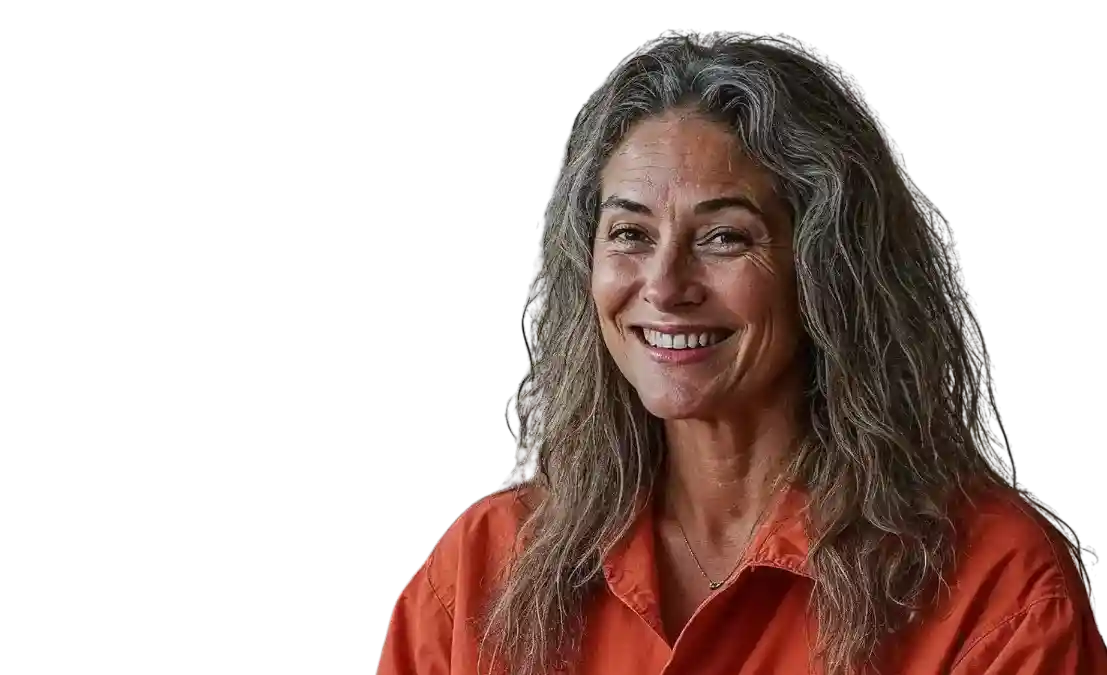
.svg)
.webp)

.webp)

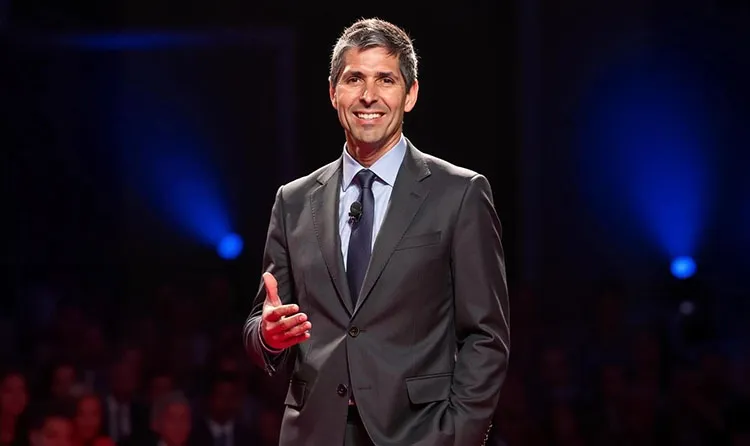
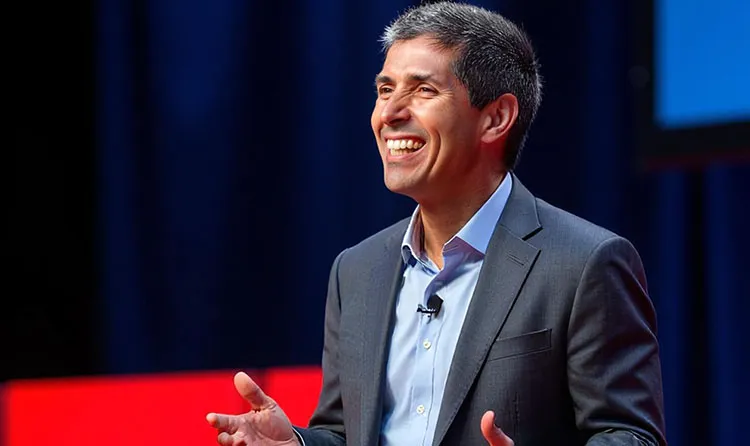
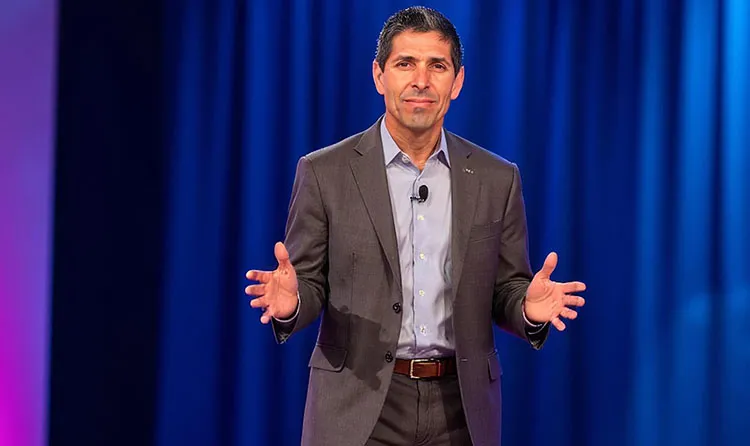
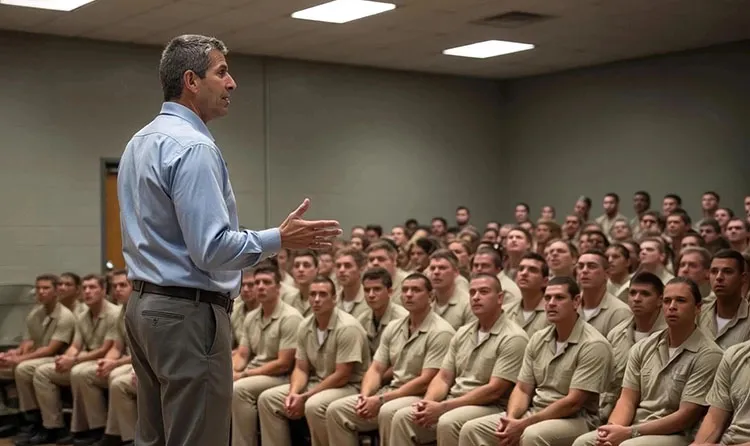
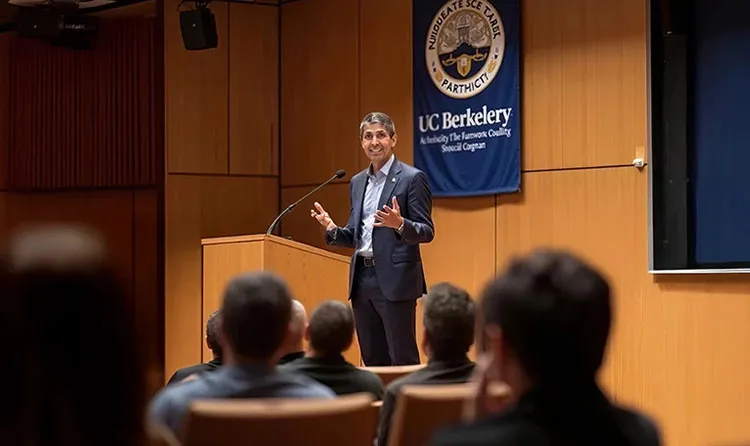
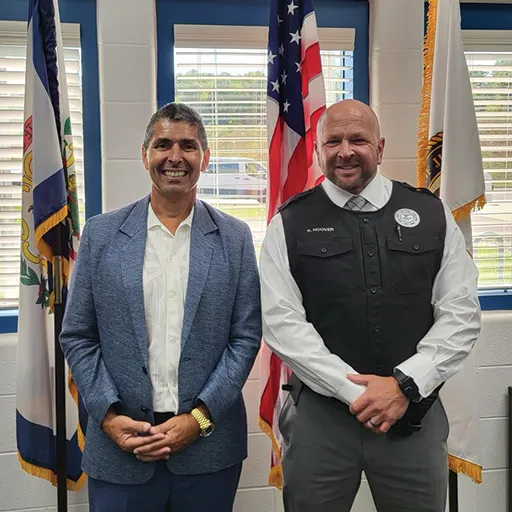
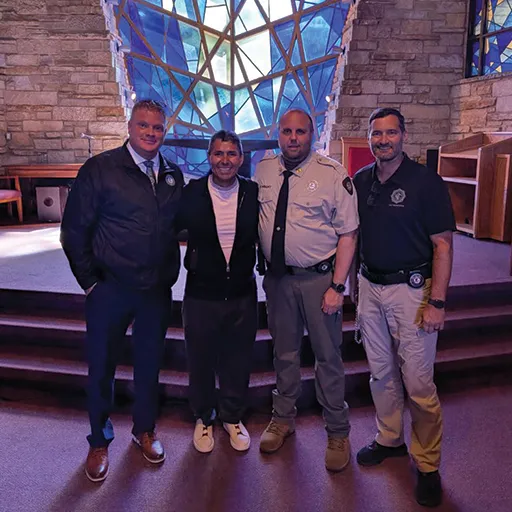
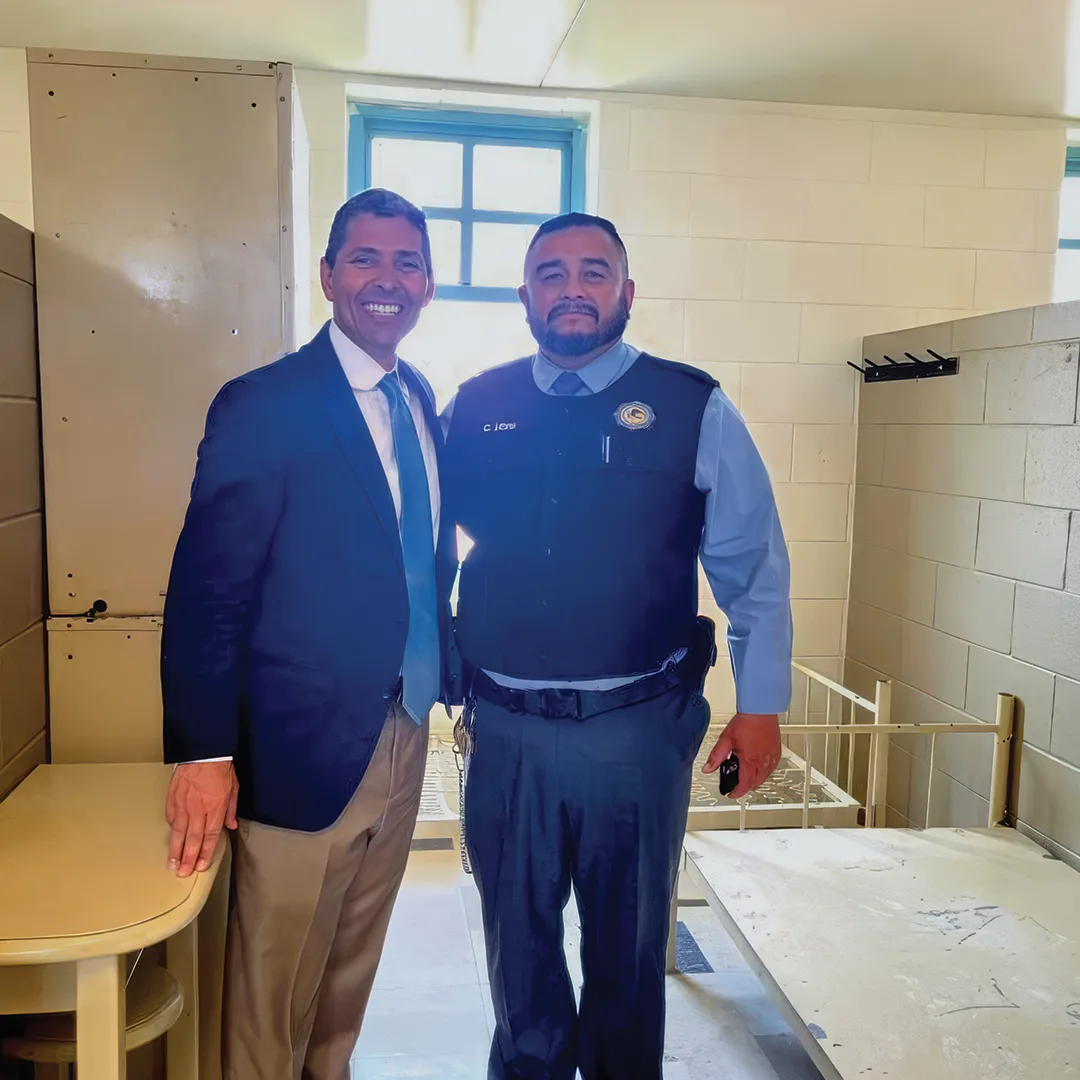
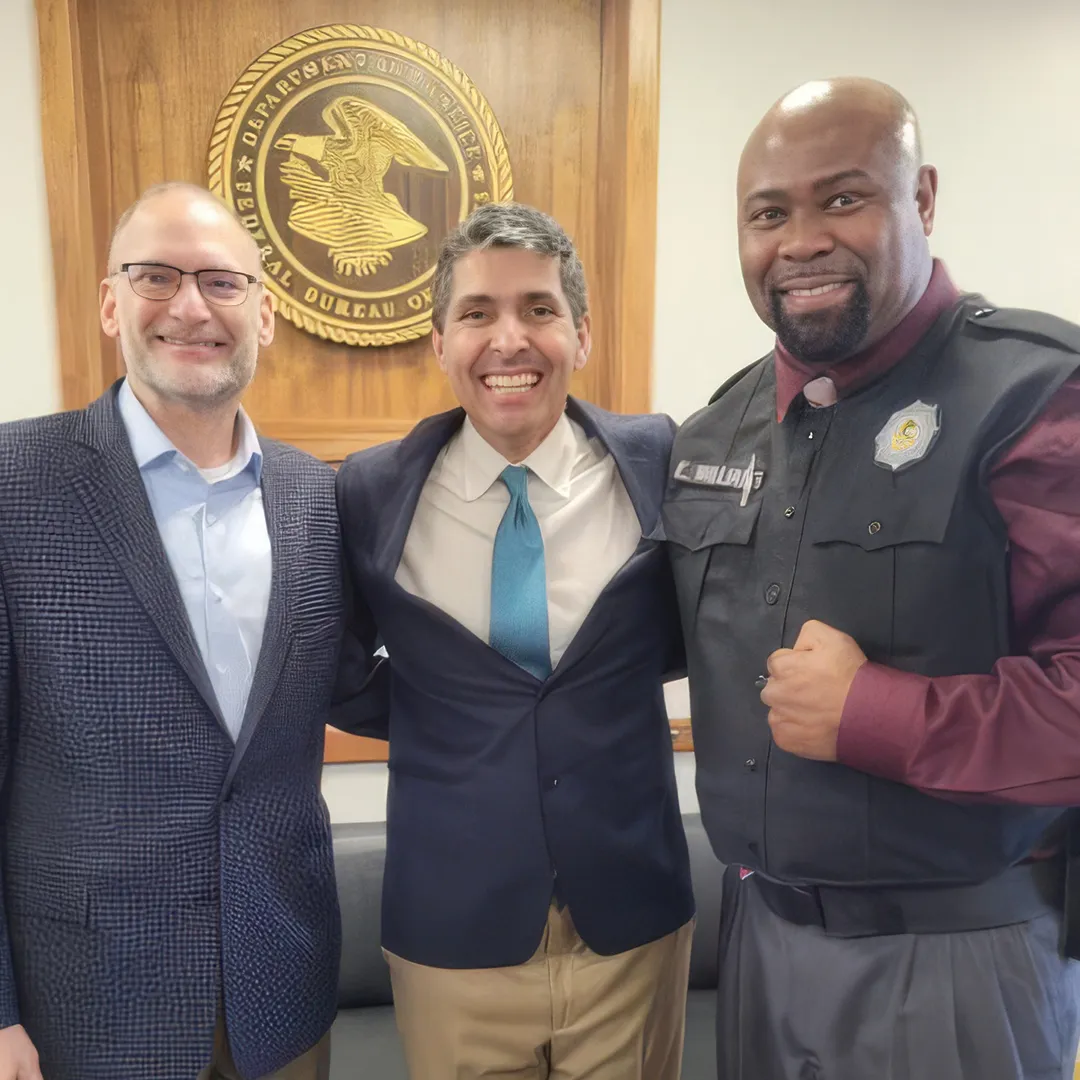
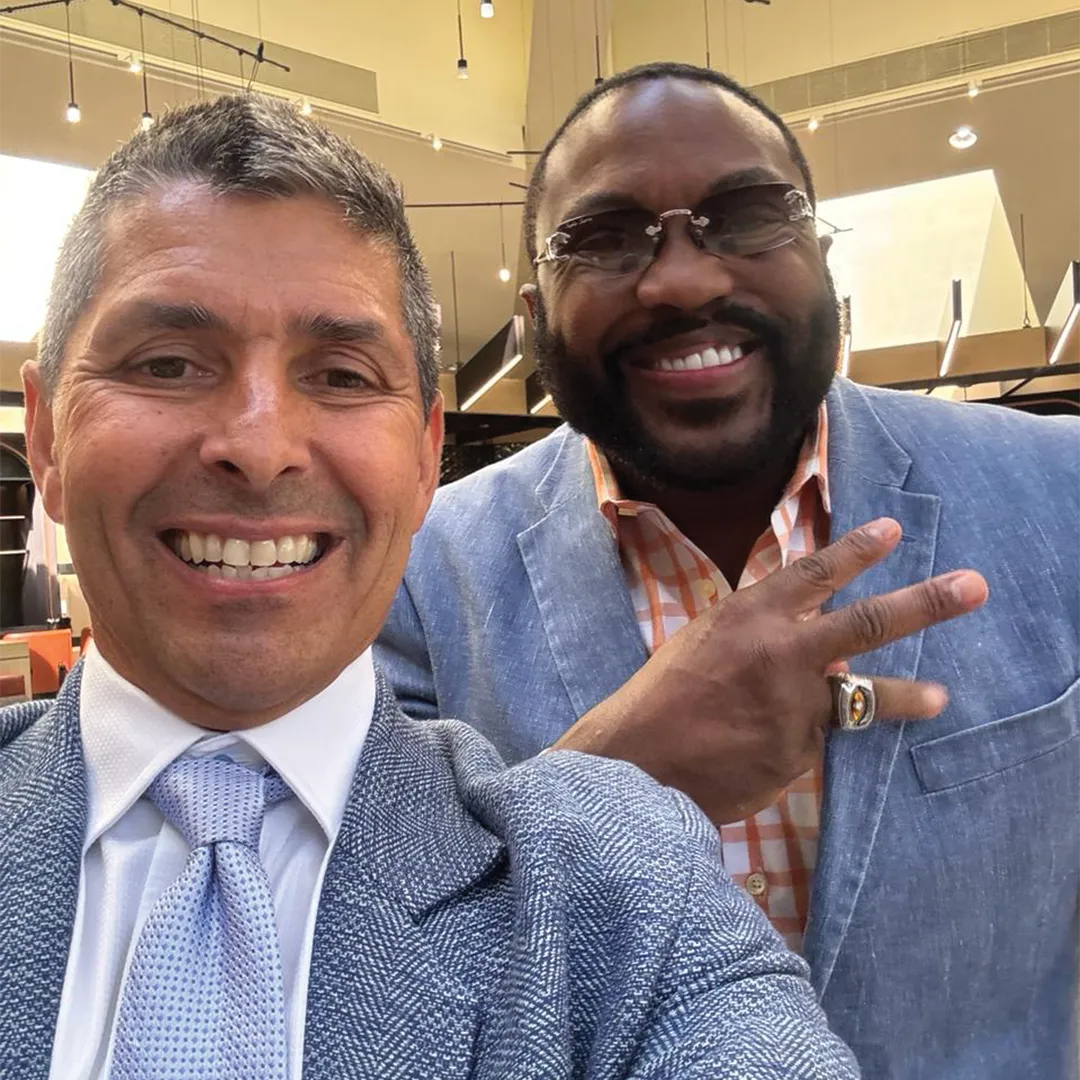
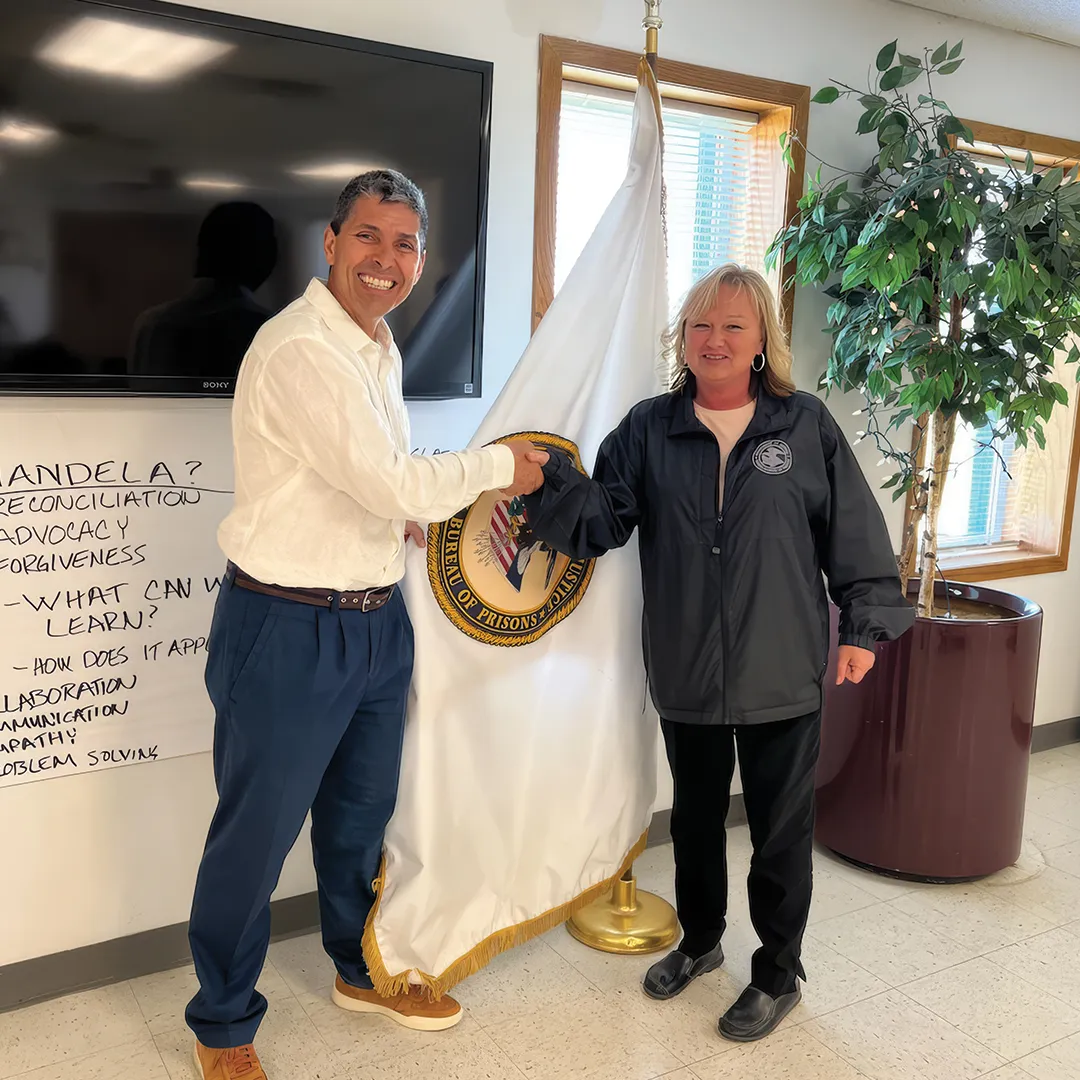
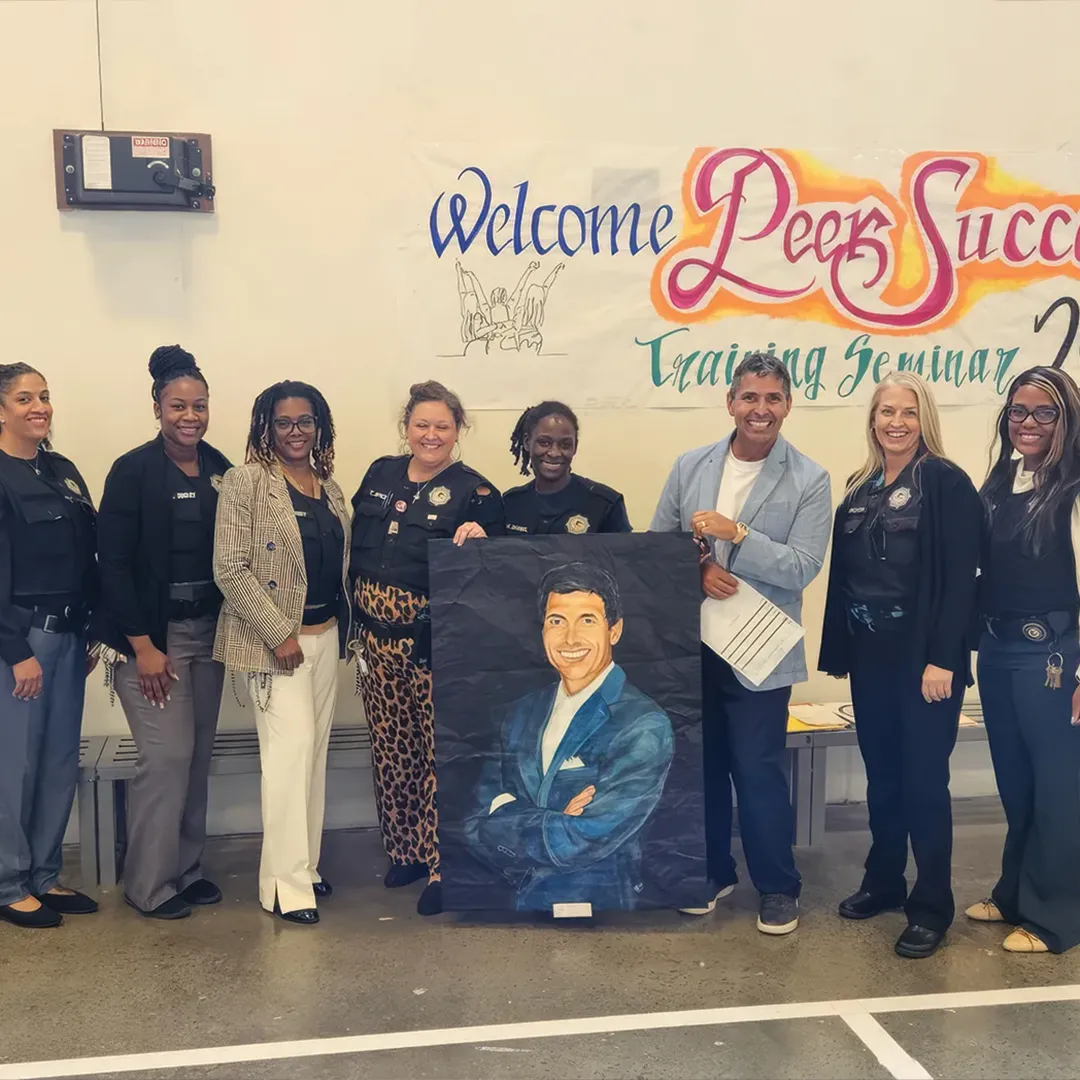
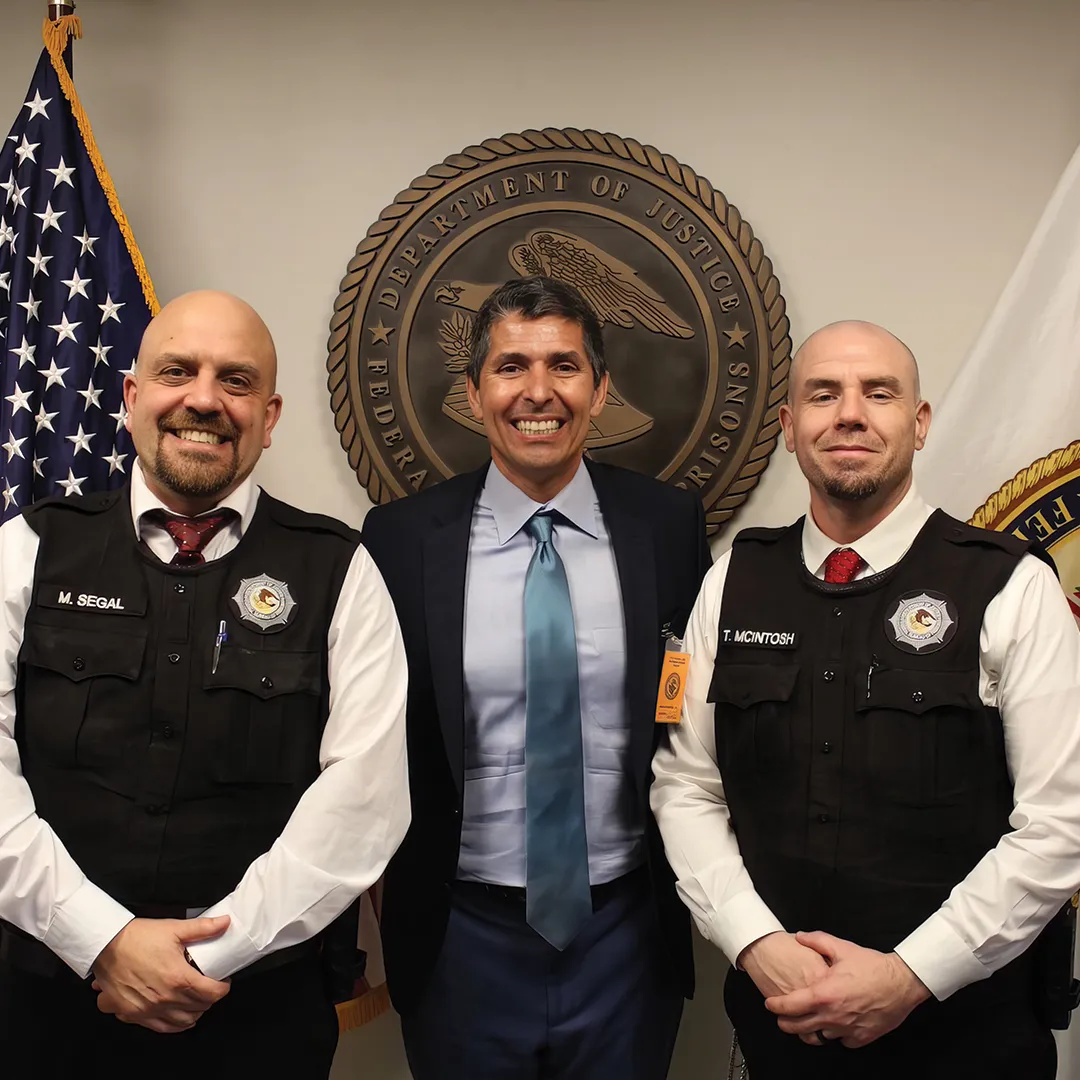
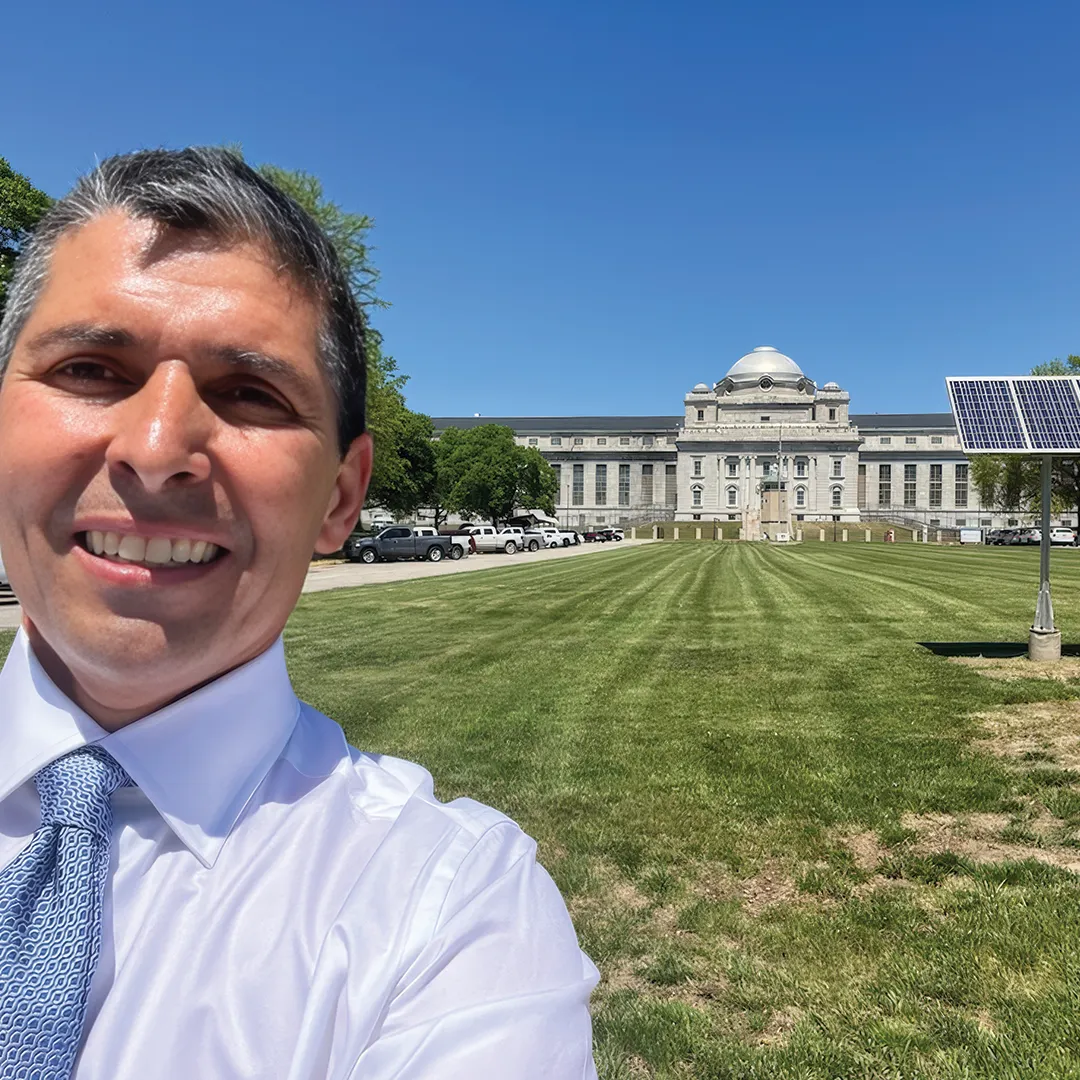
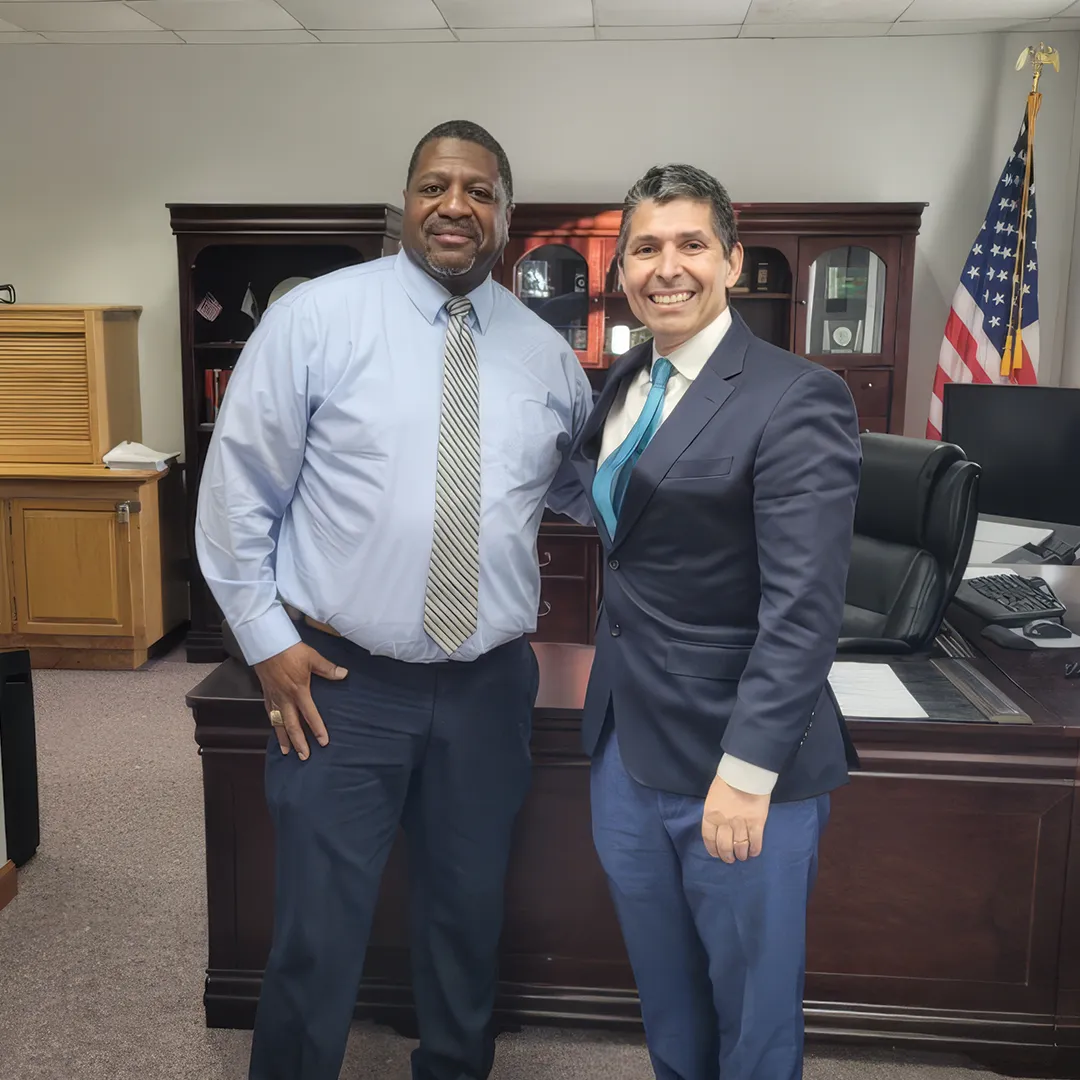
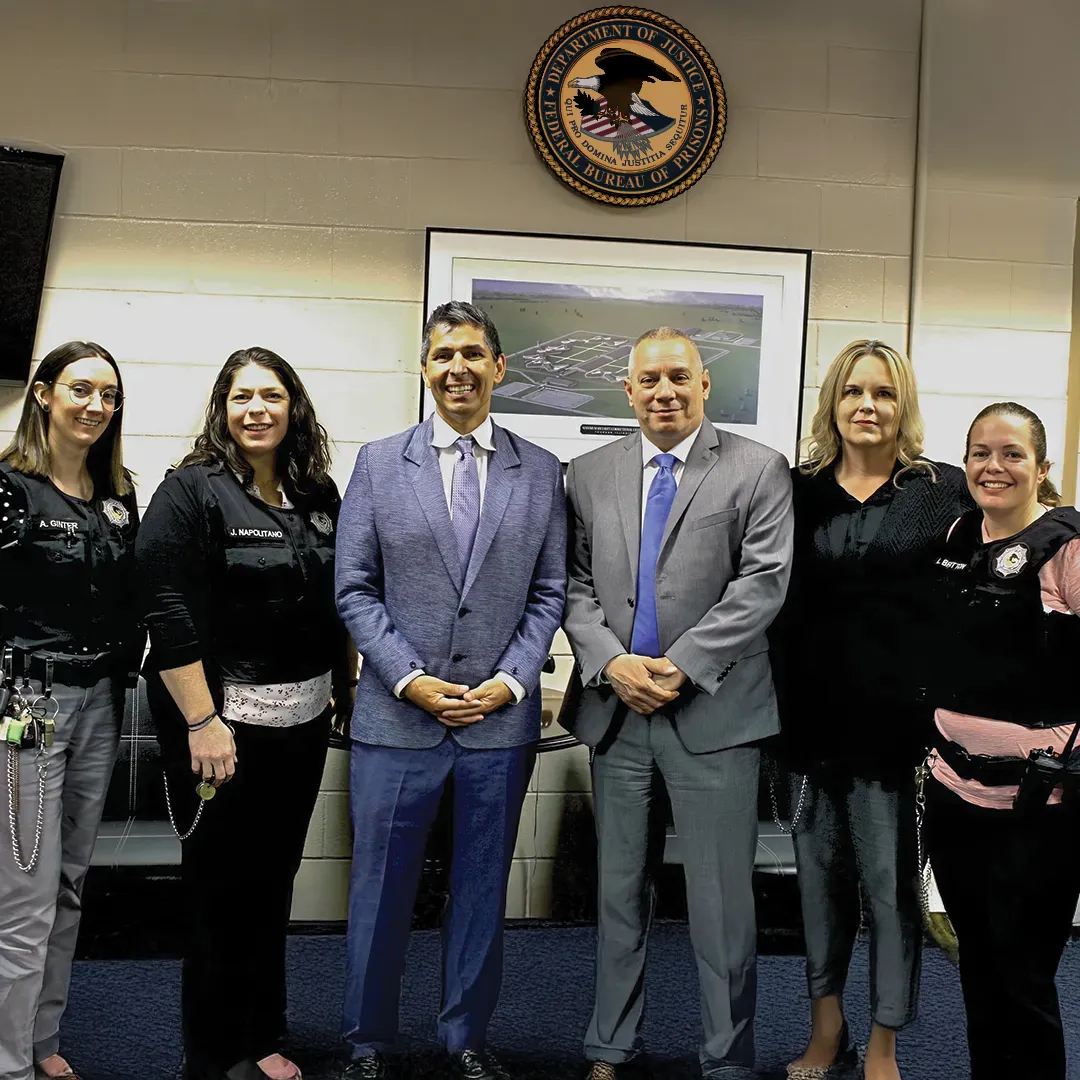
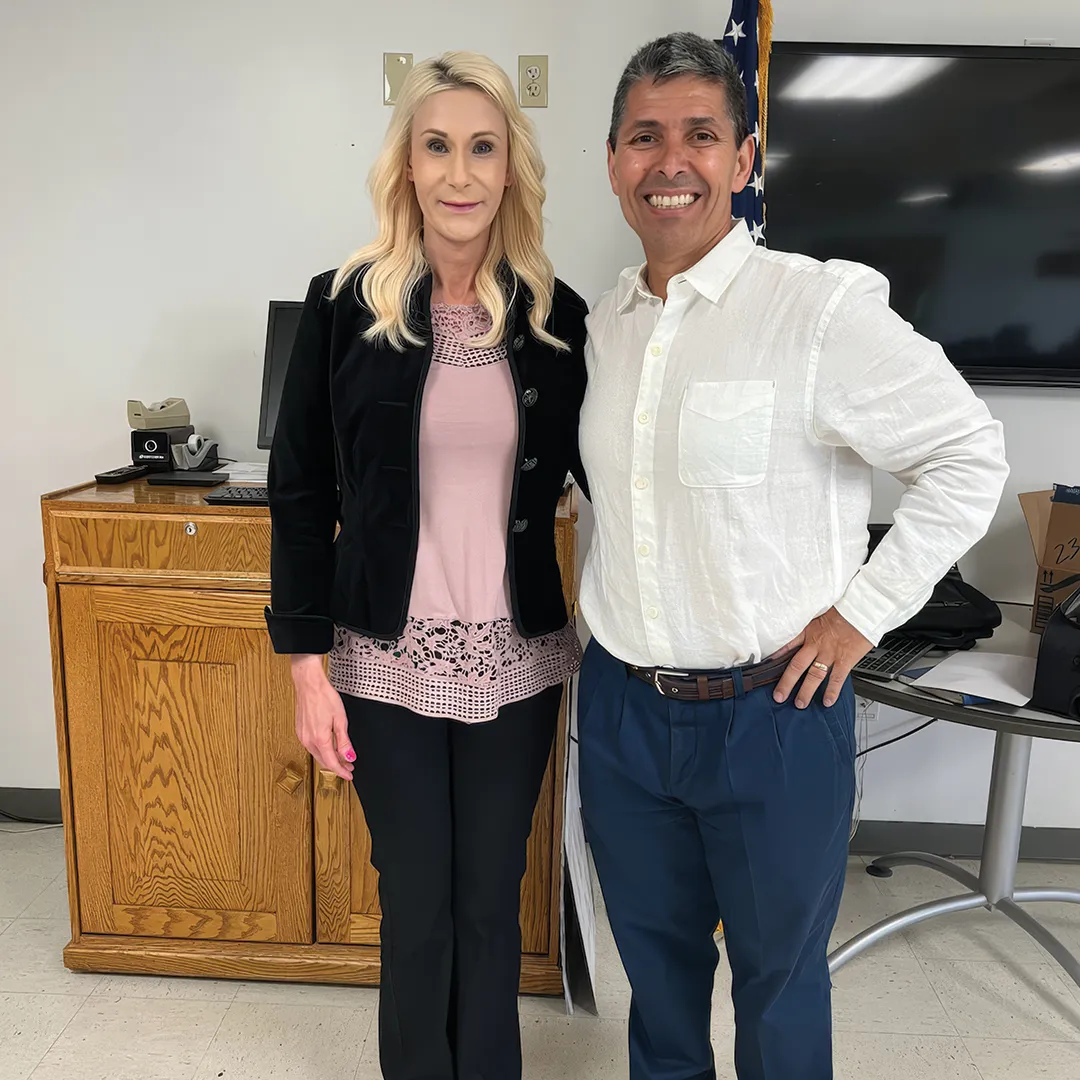
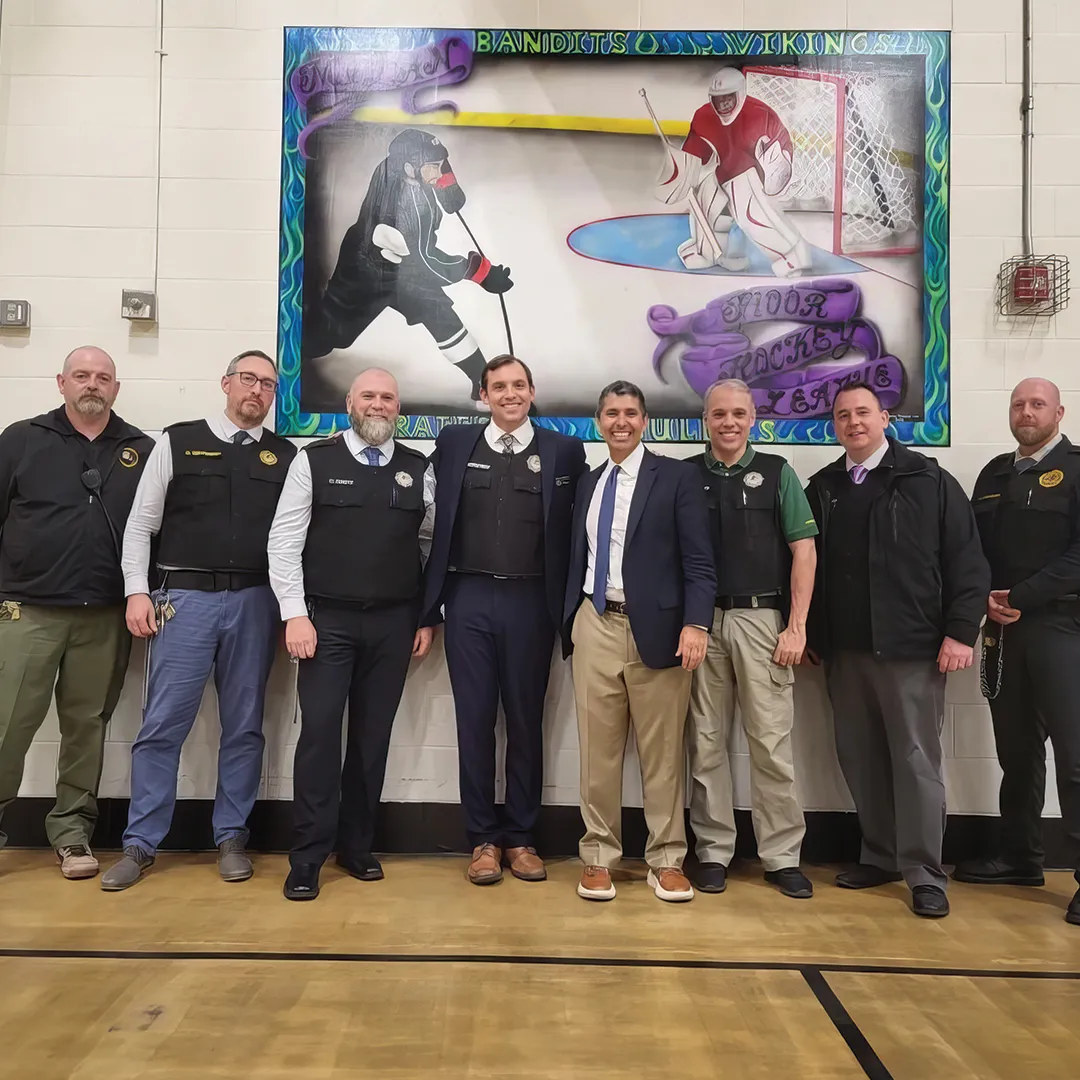
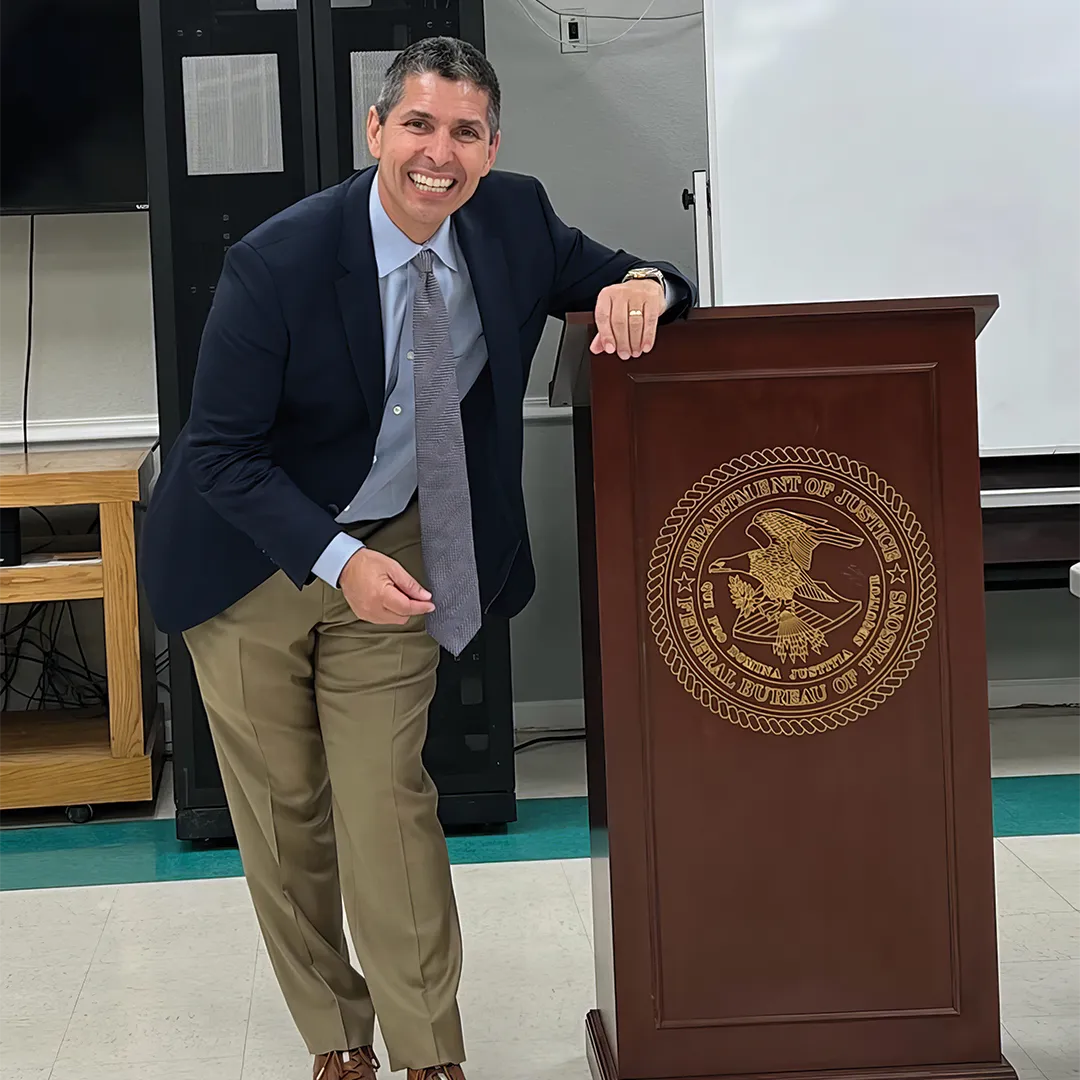
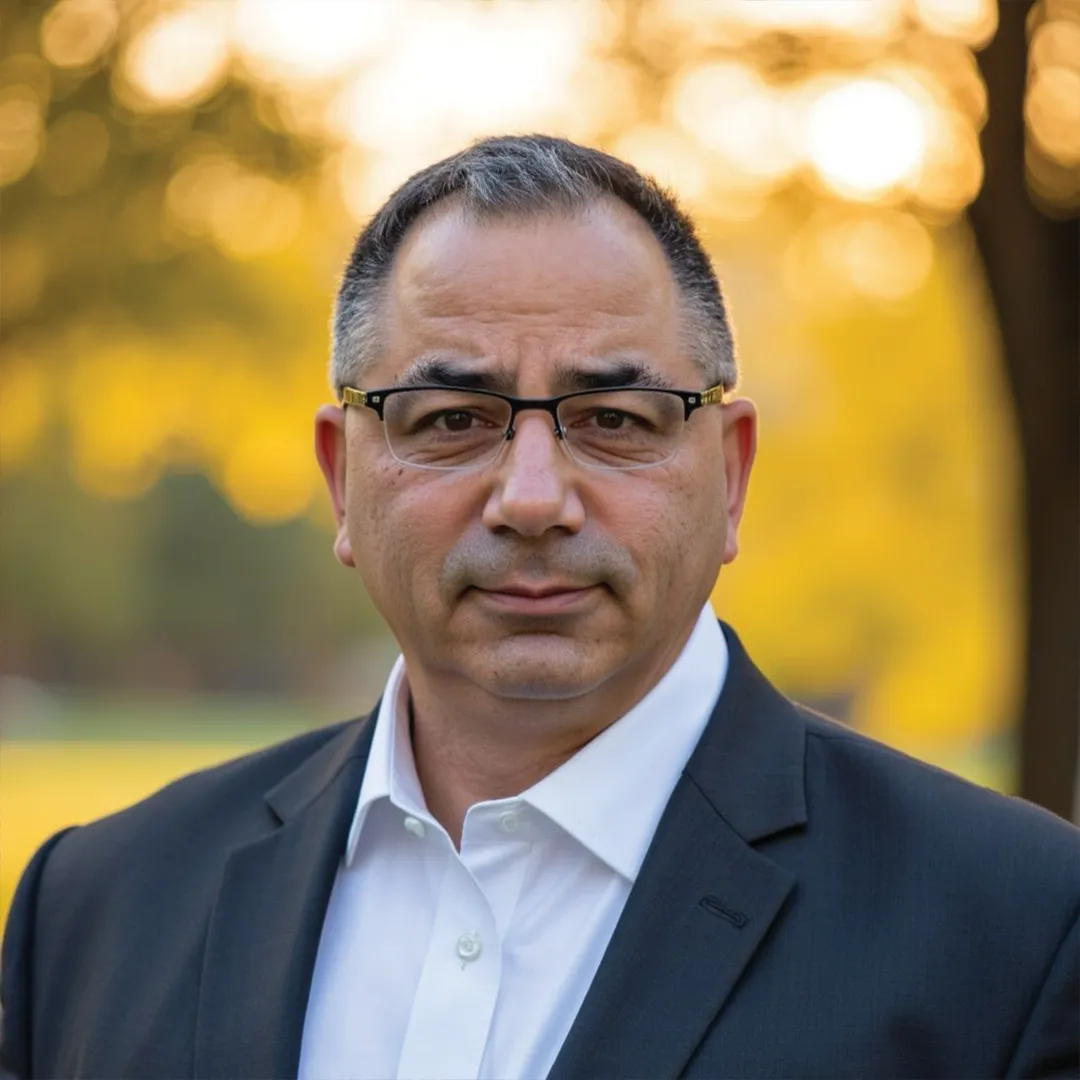
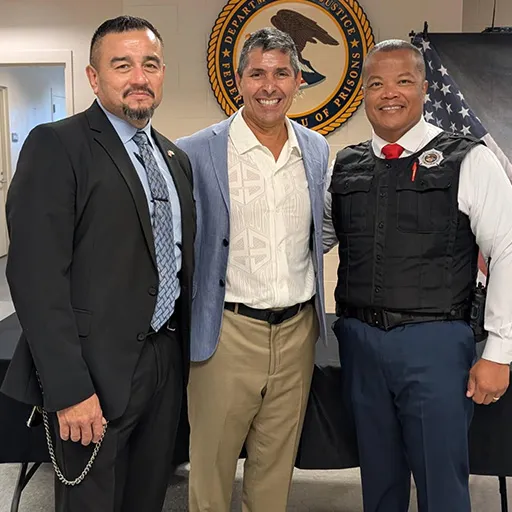


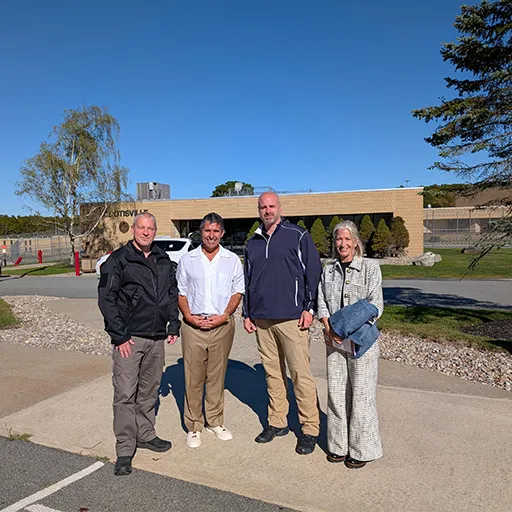
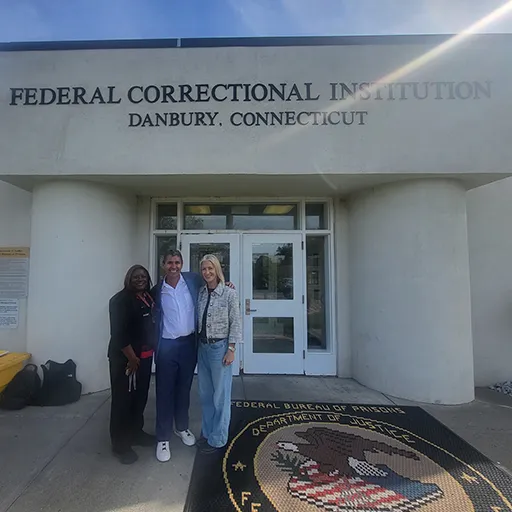

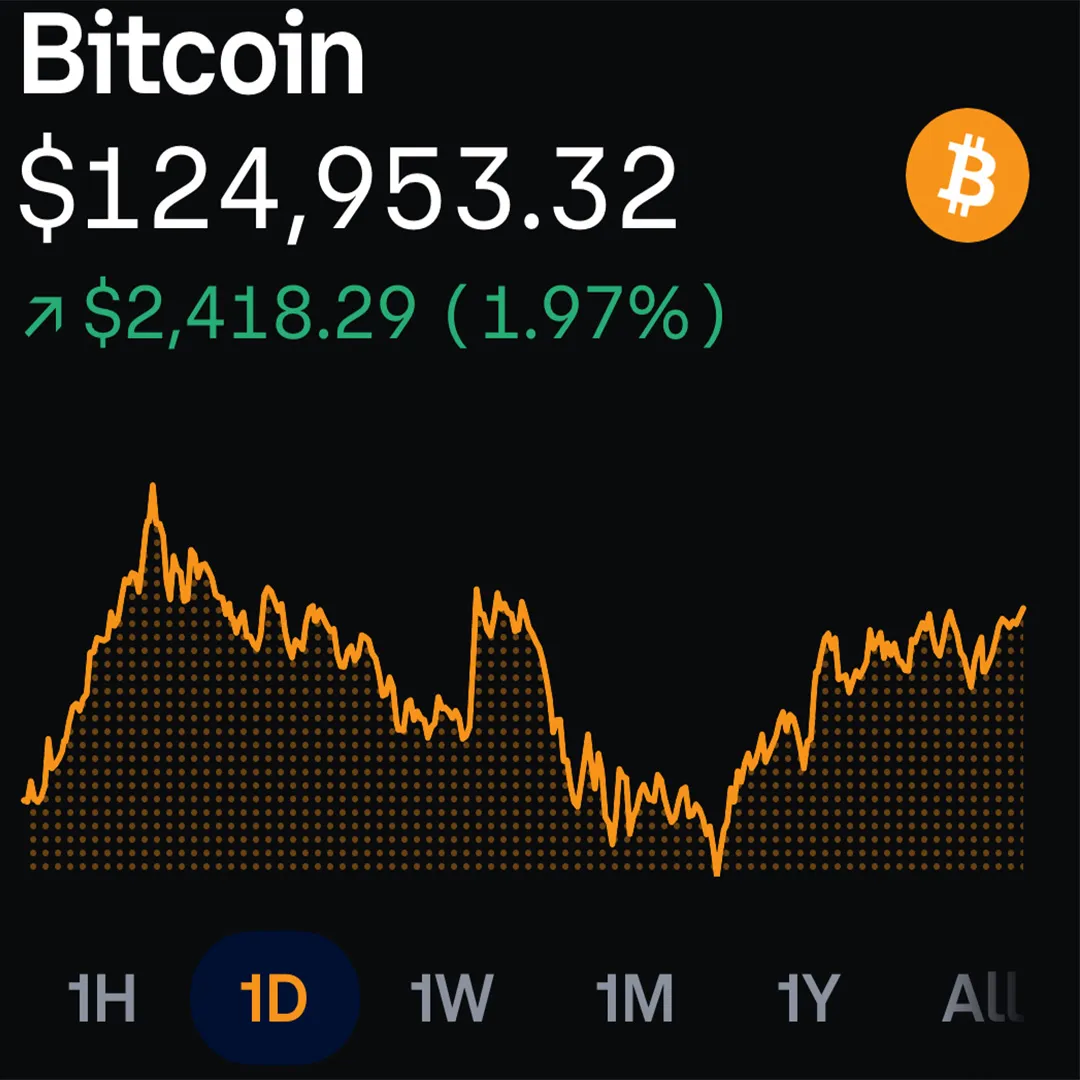

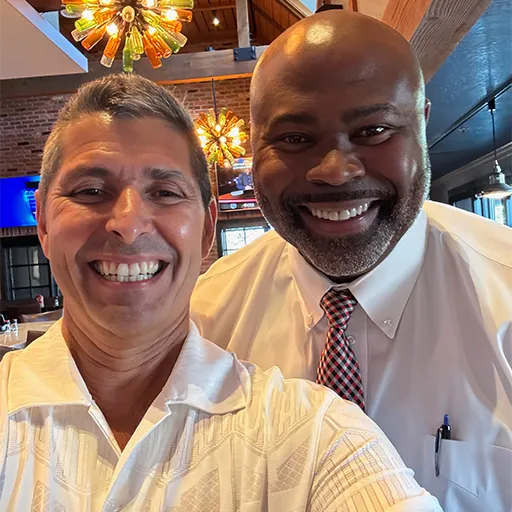
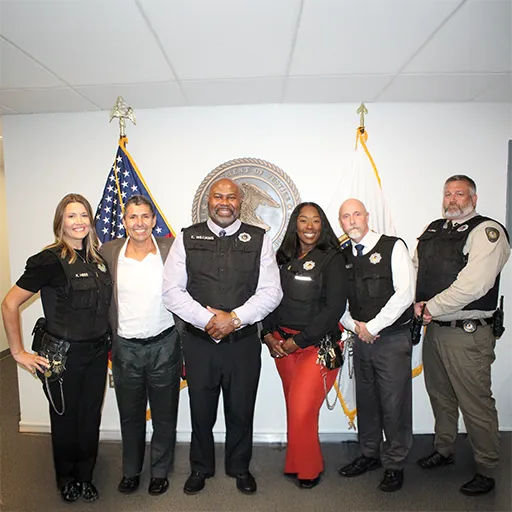

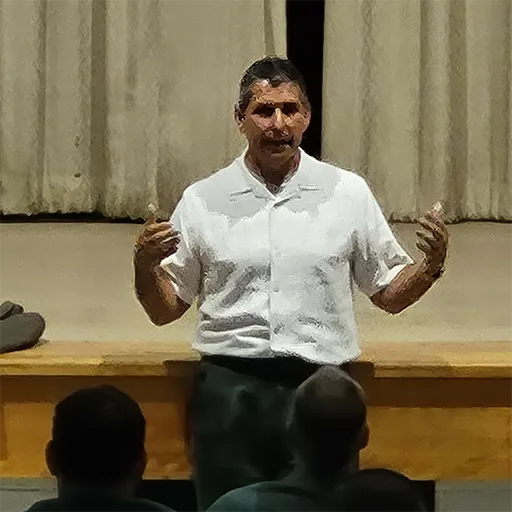

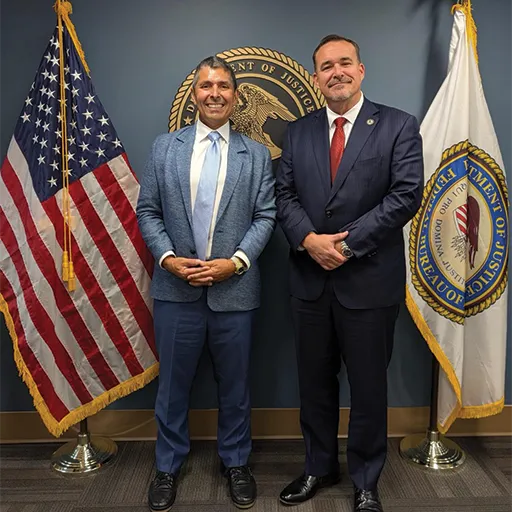
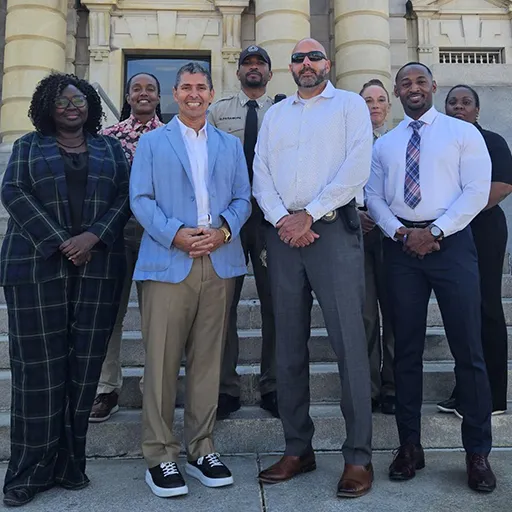
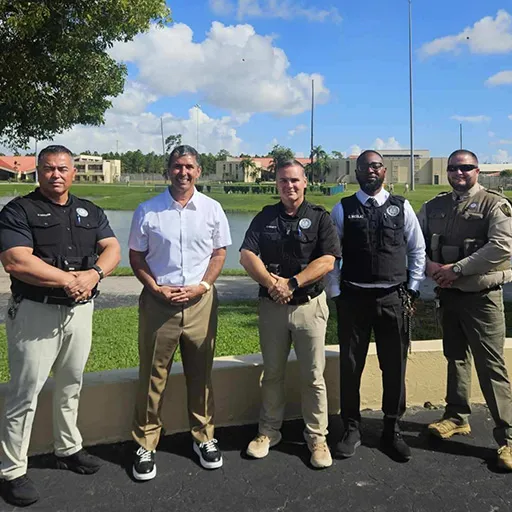
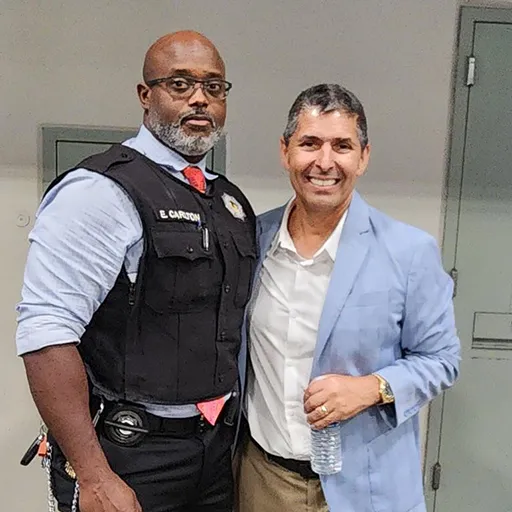


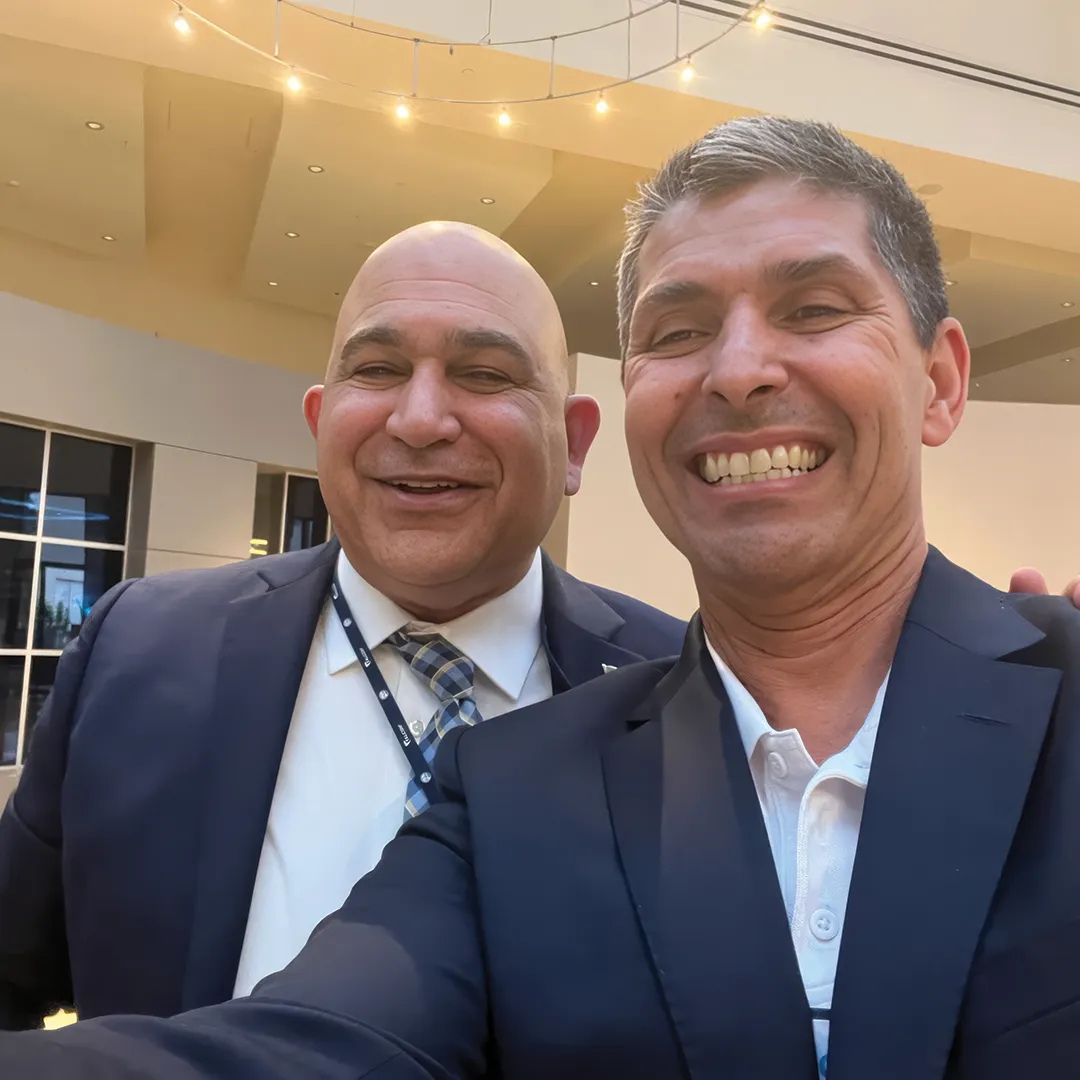

-topaz-face-upscale-4x.webp)
